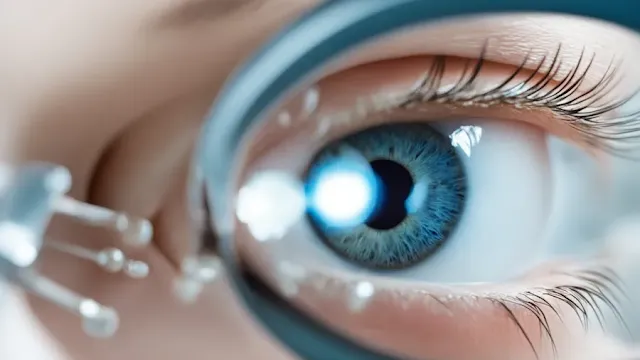Are you tired of relying on glasses or dealing with the hassle of contact lenses? LASIK eye surgery could offer a permanent solution to your vision problems. However, before taking the leap, it's crucial to understand whether insurance will cover the cost of this procedure.
What is LASIK?
LASIK, or Laser-Assisted In Situ Keratomileusis, is a popular surgical procedure used to correct vision problems such as nearsightedness, farsightedness, and astigmatism. It involves reshaping the cornea using a laser to improve vision without the need for glasses or contact lenses.Does Insurance Cover LASIK?
The question of insurance coverage for LASIK (Laser-Assisted in Situ Keratomileusis) eye surgery is a common one. Unfortunately, the answer isn't straightforward. Most health insurance plans categorize LASIK as an elective or cosmetic procedure, which means they typically do not cover it. Vision insurance plans may offer partial coverage or discounts for LASIK, but the extent of coverage varies widely.
Health Insurance:
For the majority of individuals, health insurance plans do not cover LASIK because it's considered an elective procedure. However, there are exceptions. In rare cases, certain vision problems related to medical conditions may qualify for coverage. These conditions could include severe refractive errors caused by conditions like keratoconus or complications from eye injuries or surgeries.
Vision Insurance:
Vision insurance plans may provide partial coverage or discounts for LASIK, but the specifics depend on the plan and provider. It's essential to review your vision insurance policy carefully to determine if LASIK is covered and what portion of the cost is reimbursable. Even if LASIK isn't covered, some vision insurance plans offer discounts or negotiated rates with specific LASIK providers.
Alternative Financing Options:
While insurance coverage for LASIK may be limited, there are alternative ways to make the procedure more affordable:
-
Flexible Spending Accounts (FSAs): FSAs allow you to set aside pre-tax dollars from your paycheck to pay for eligible medical expenses, including LASIK. By using an FSA, you can reduce your taxable income and save money on LASIK surgery.
-
Health Savings Accounts (HSAs): Similar to FSAs, HSAs allow you to save pre-tax dollars for medical expenses. However, HSAs are only available to individuals with high-deductible health plans (HDHPs). If you have an HDHP, you can use funds from your HSA to cover the cost of LASIK surgery.
-
Financing Plans: Many LASIK providers offer financing plans to help make the procedure more accessible to patients. These plans allow you to pay for LASIK in manageable monthly installments, often with low or no-interest financing options. Be sure to inquire about financing options and any associated terms and conditions before scheduling your procedure.
While insurance coverage for LASIK eye surgery may be limited, alternative financing options can help make the procedure more affordable. By exploring options such as flexible spending accounts, health savings accounts, and financing plans, you can take steps toward achieving clearer vision without breaking the bank.
Remember to consult with a qualified LASIK surgeon to discuss your eligibility for the procedure and to address any questions or concerns you may have. With the right information and planning, LASIK can be a life-changing investment in your vision and overall quality of life.





No comments:
Post a Comment